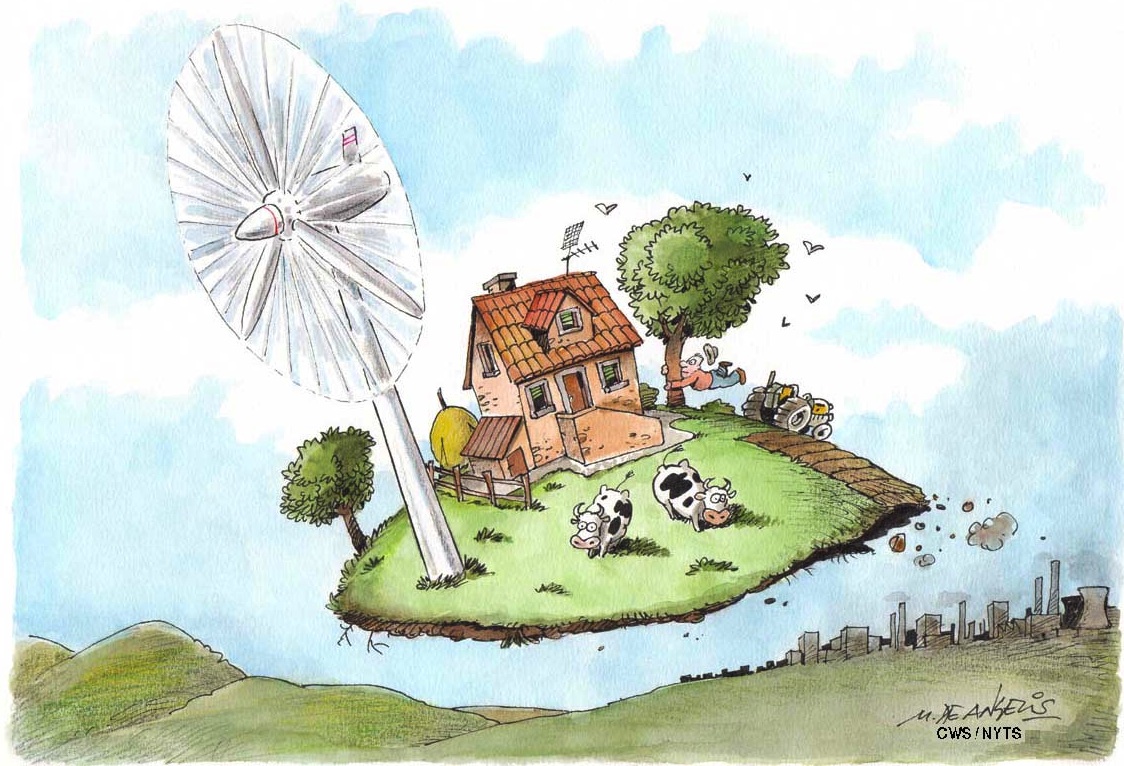Digital finance has turned out to be an unexpected revolutionary, simply by enabling low-cost financial inclusion. Thanks to new financial technologies (fintech), consumers can shop seamlessly, migrants can send hard-earned money to their families cheaply, small businesses can access credit in minutes through big data-driven profiling and savers can shape their own investment destinies. But if fintech is to reach its potential to advance the global public good, another factor must be accounted for: the environment.
The United Nations Environment Programme (UNEP) recently published a report, "Fintech and Sustainable Development: Assessing the Implications," exploring how digital finance can be leveraged for environmental gains. As the report points out, by reducing costs and boosting efficiency, fintech is already mobilizing green finance, enabling poorer people to access clean energy through innovative payment systems and facilitating green savings for rich and poor alike.
The Swedish start-up Trine, for example, enables savers in downtown Stockholm to fund distributed solar-energy systems in rural areas thousands of kilometers away. Kenya's M-KOPA is leveraging the hugely successful domestic mobile payments platform, M-PESA, to make clean energy available to poorer communities. Other experiments highlight the green potential of blockchain and cryptocurrencies.

















With your current subscription plan you can comment on stories. However, before writing your first comment, please create a display name in the Profile section of your subscriber account page.